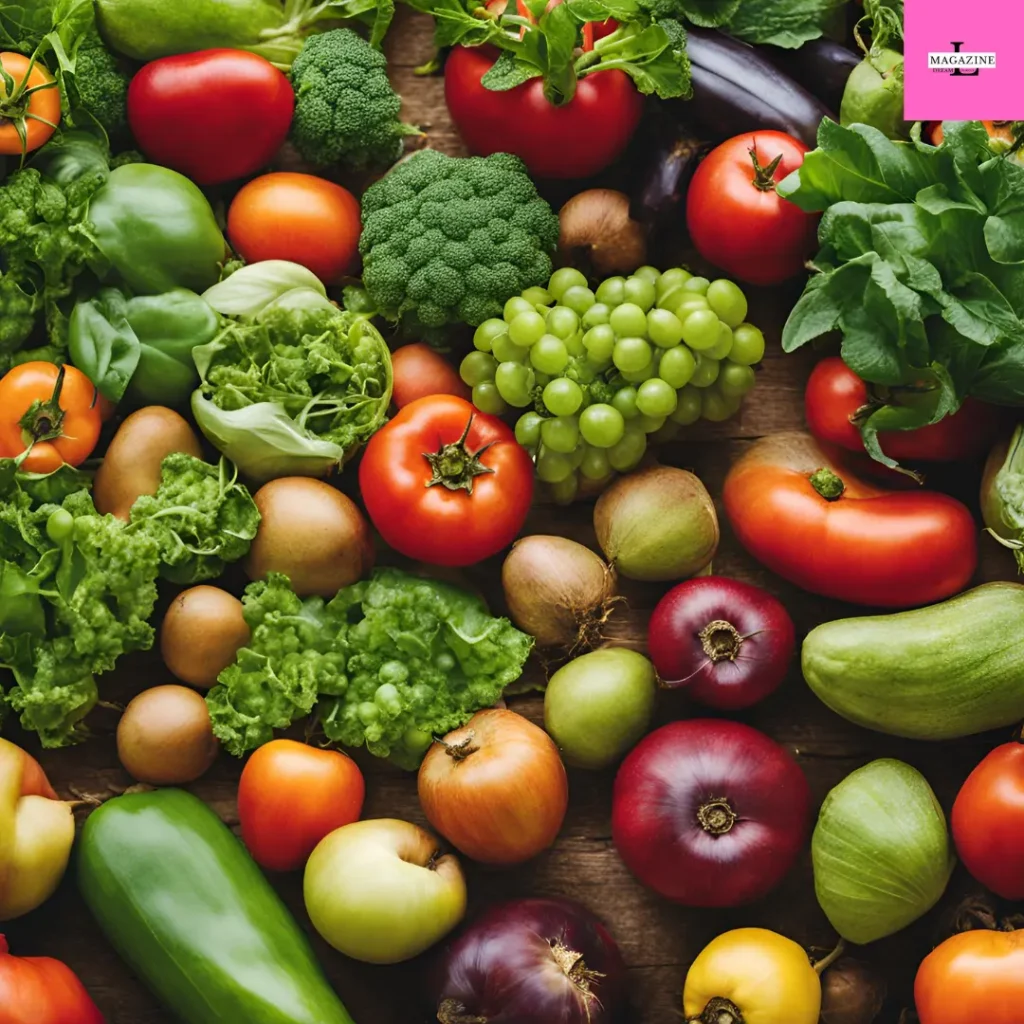Introduction:
As the world faces serious issues like environmental damage, health problems, and concerns about food availability, organic farming is becoming a promising solution. This farming method focuses on keeping the soil healthy, supporting wildlife, and maintaining balance in nature. It avoids chemicals and uses natural practices to grow food.
In this article, we’ll look at the benefits of organic farming and compare it to traditional farming to see how it stands out. By the end, you’ll understand why organic farming is a good choice for the environment and for healthier food.

Environmental Advantages:
- Soil Conservation: This method enhances soil health with natural amendments, helping to reduce erosion and improve fertility.
- Water Conservation: Organic farms use efficient irrigation systems, minimizing water waste and preserving this precious resource.
- Biodiversity: This approach promotes diverse ecosystems, supporting local wildlife and pollinators.
Health Benefits:
- Chemical-Free Produce: This method removes synthetic pesticides, herbicides, and fertilizers, ensuring cleaner produce.
- Nutrient-Dense Food: Organic crops boast higher nutrient levels, enriching human diets.
- Antibiotic Resistance: This approach lowers antibiotic use, helping to reduce the risk of resistance.
Economic Benefits:
- Market Demand: Organic produce commands premium prices, boosting farmer income.
- Job Creation: This practice creates local jobs, boosting rural economies.
- Sustainable Livelihoods: This approach supports the long-term sustainability of agriculture.
Comparative Study:
| Parameter | Organic Farming | Conventional Farming |
|---|---|---|
| Soil Erosion | 25% reduction | 40% increase |
| Water Usage | 30% reduction | 20% increase |
| Crop Yields | 10% increase | 5% decrease |
| Chemical Use | 90% reduction | 50% increase |
| Nutrient Content | 20% increase | 10% decrease |



Conclusion:
This sustainable approach provides environmental, health, and economic advantages, paving the way for a healthier future for generations. By focusing on preserving natural resources, promoting biodiversity, and ensuring cleaner food production, it supports long-term agricultural viability. Embracing this method can significantly reduce environmental impact while improving community well-being and resilience.
References: https://www.ams.usda.gov/about-ams/programs-offices/national-organic-program#:~:text=NOP%20also%20accredits%20third%2Dparty,of%20the%20USDA%20Organic%20Seal. https://en.wikipedia.org/wiki/National_Organic_Program
Some recommended sources:
- National Organic Program (NOP)
- United States Department of Agriculture (USDA)
- Food and Agriculture Organization (FAO)
- Journal of Organic Systems
- Environmental Science & Technology


For Advertisment & Article Conatct :+91 7321012159